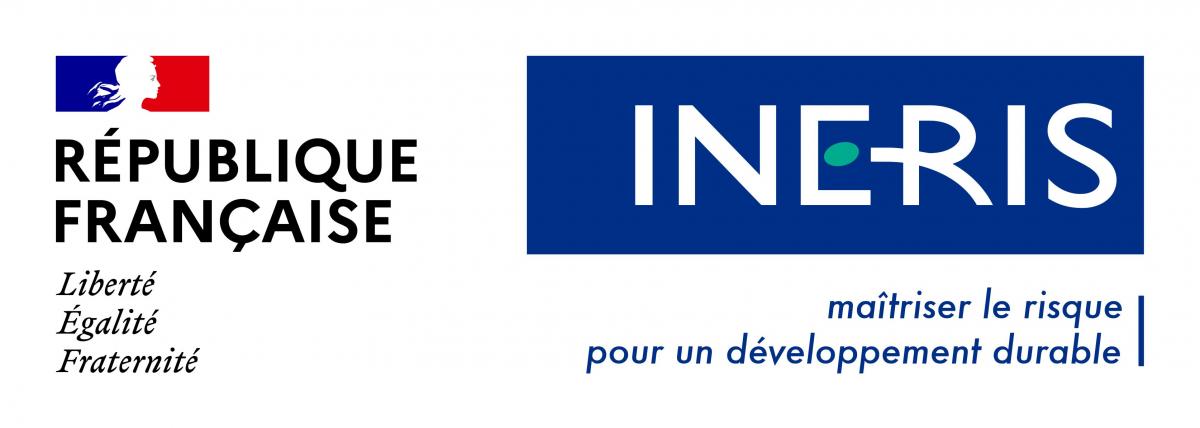Comparative study of the ecotoxicity of dishwasher detergents
Résumé
This study aimed at assessing the ecotoxicity of dishwasher detergents. Indeed, despite the high consumption of such products, available information regarding their environmental impact is still limited. Thus, twenty five of the most representative products available on the French market were selected, covering the different dishwasher detergent categories : 'multibenefit' tablets, 'classical' products (tablets and powder) and 'gel' (both 'classical'products and 'gel'need the use of rinse aid). Our approach was taken into account the ecotoxicity of solutions simulating a wash cycle in a dishwasher in typical use conditions, as recommended by the manufacturer. The ecotoxicity of these 'washing solutions'was determined by performing a battery of aquatic bioassays from two trophic levels (algae and micro-invertebrates) covering both acute and chronic endpoints. In addition, the assessment of the ecotoxicity of two hand-dishwashing detergents, ten rinse aids (alone) and four dishwashing detergents (without addition of rinse aid in the 'washing solution') was performed. Both approach and selected battery of bioassays were relevant and allowed the classification of the different dishwasher detergents. Mostly, it was shown that there production of C. dubia was the most sensitive endpoint compared with the inhibition of the mobility of D. magna and the growth of the algae P. subcapitata. The 'washing solutions'prepared with hand dishwashing detergents were found to be more toxic than those prepared with dishwasher detergents, except for the gel products. Regarding the automatic dishwasher products, it was shown that the ecotoxicity of 'washing solutions'from the 'gel'products was higher than the ecotoxicity recorded for 'classical'products and 'multibenefit' tablets. This study also revealed that the ecotoxicity of 'classical'tablets was, most of the time, higher than the ecotoxicity of 'multibenefit' tablets. Additional studies confirmed that the ecotoxicity recorded for 'classical'products was mostly due to the addition of rinse aid in the 'washing solution'.These results suggested that the ecotoxicity recorded for ecolabelled products should be weighted regarding to the intrinsic ecotoxicity of the rinse aids which are currently not covered by 'European Ecolabel'.
